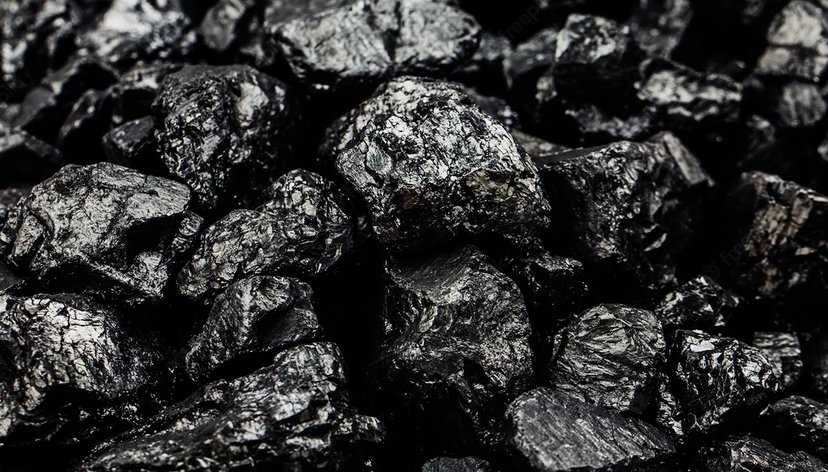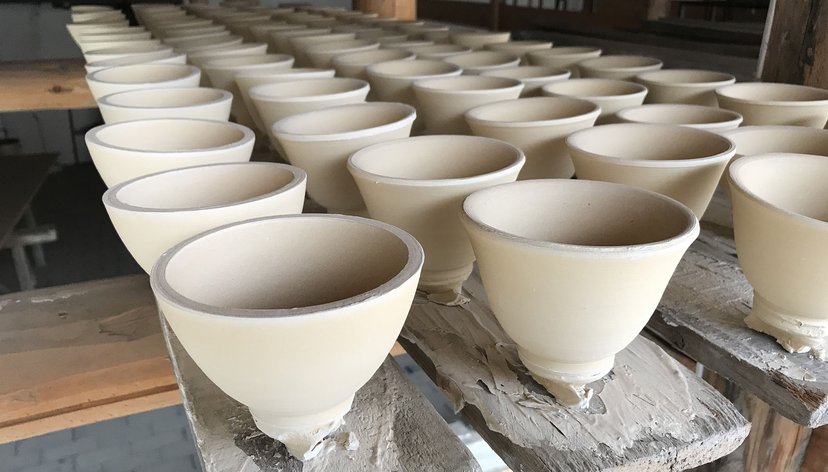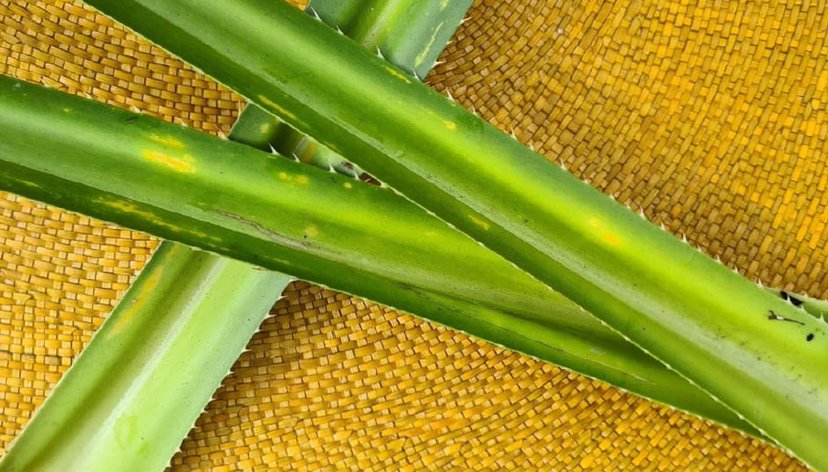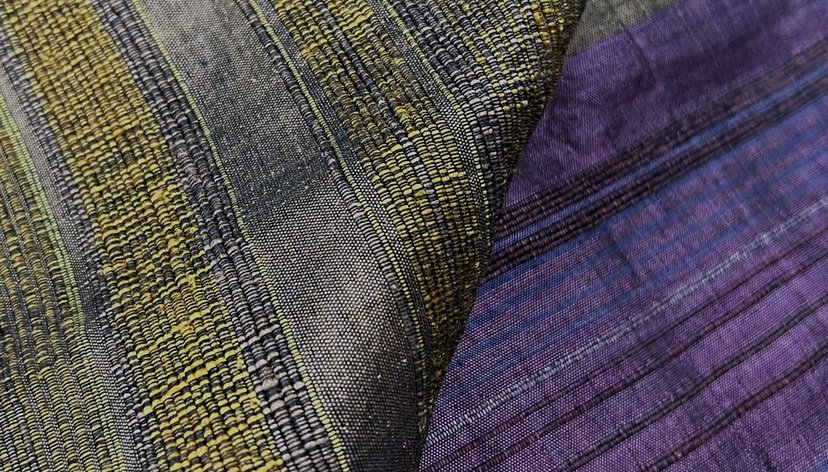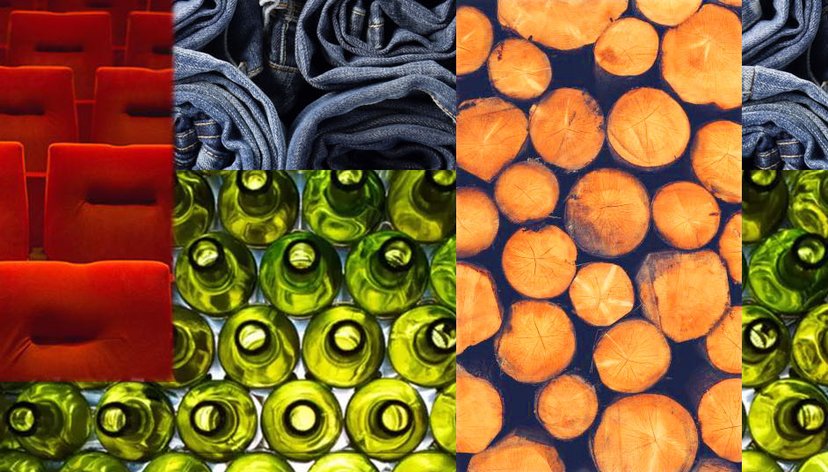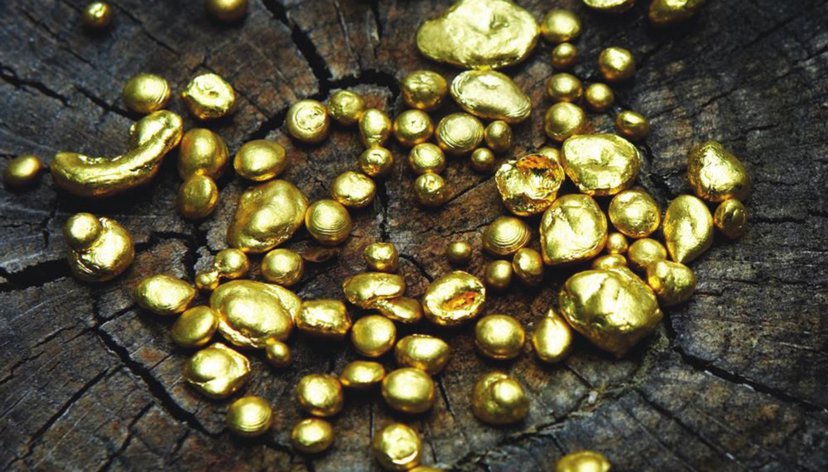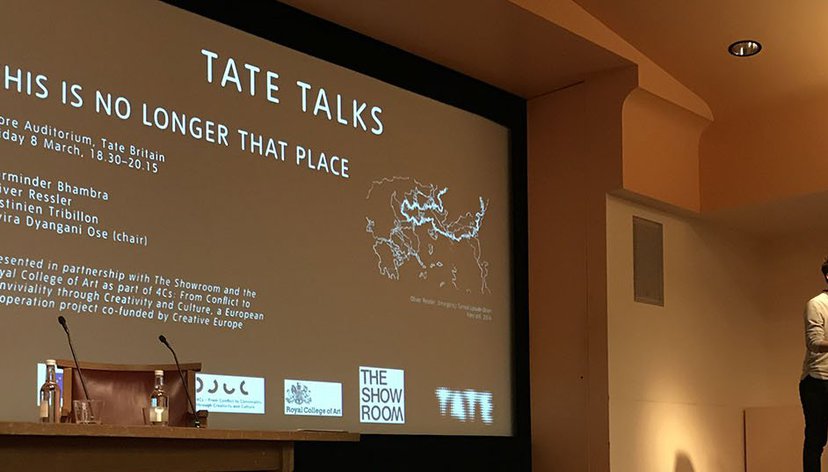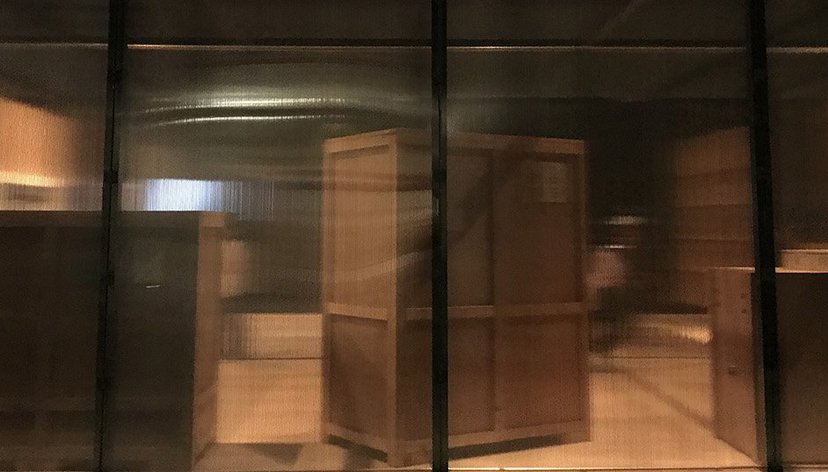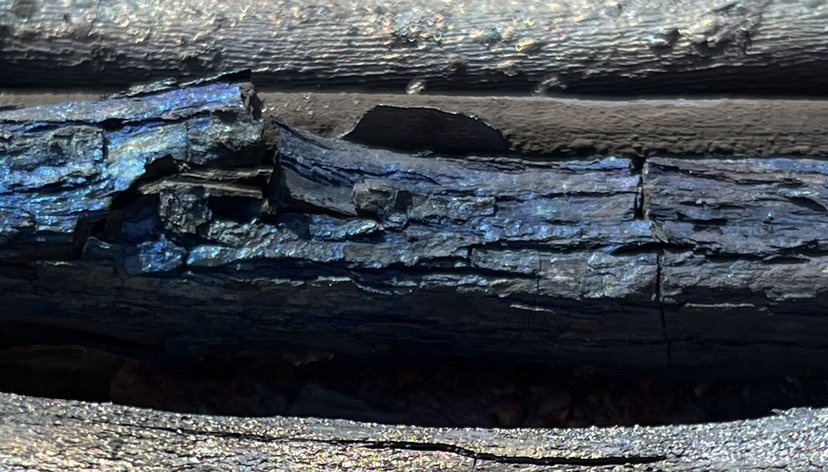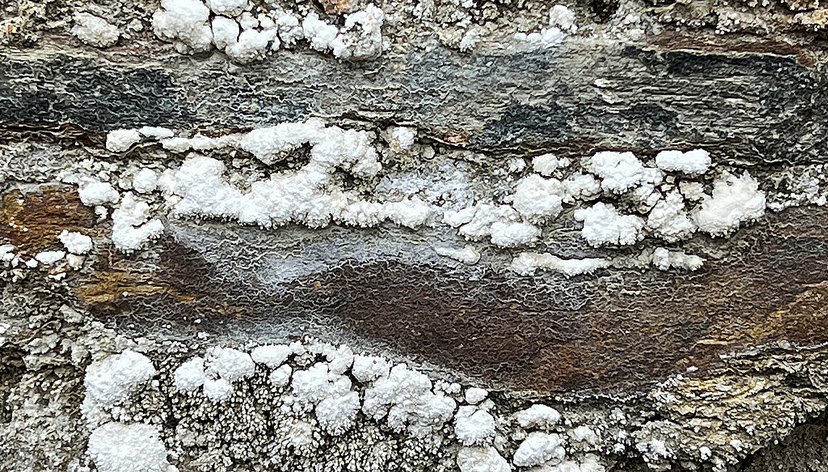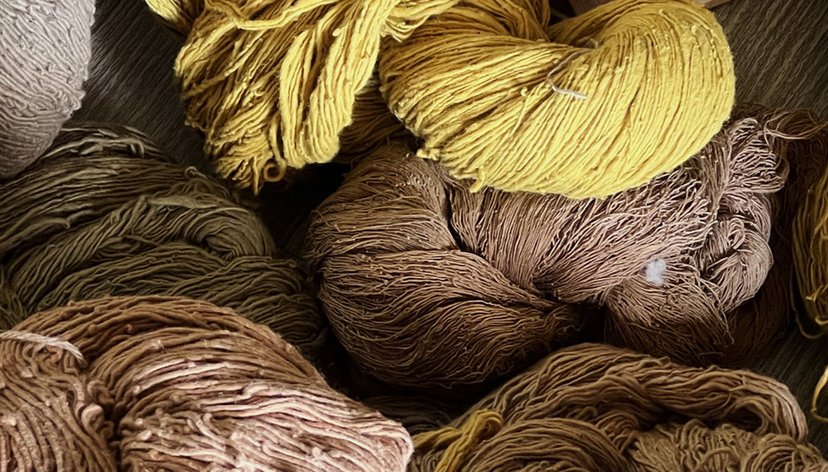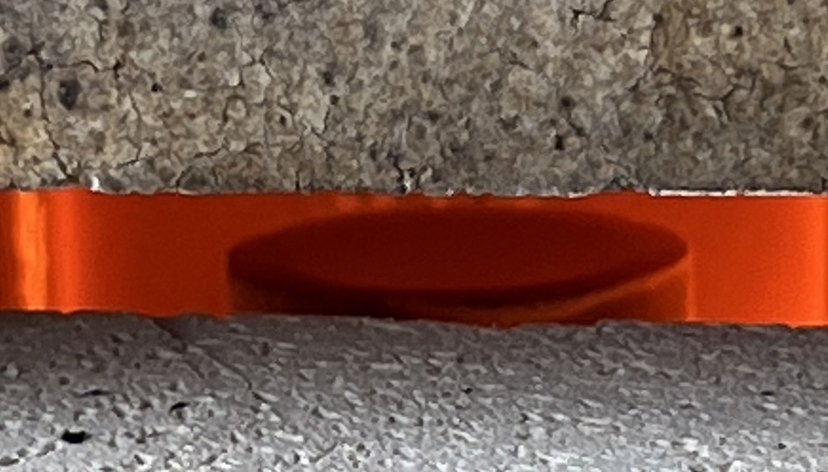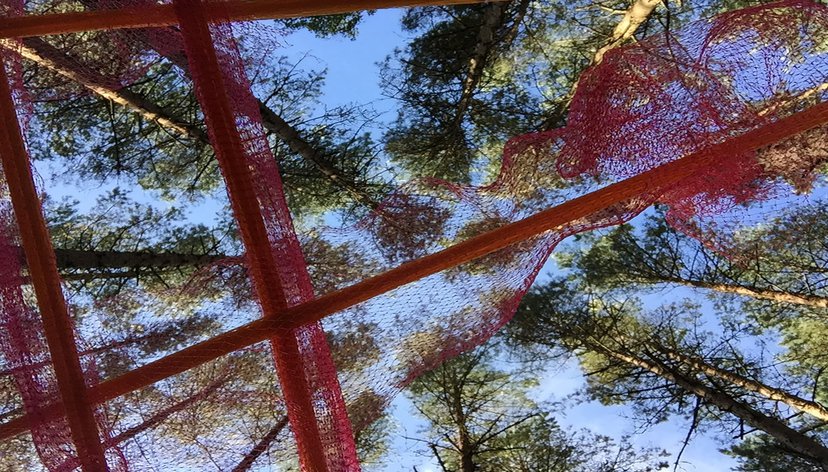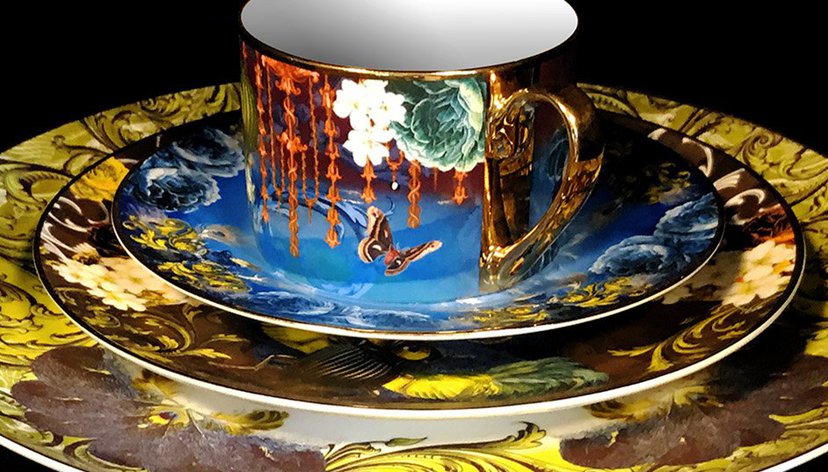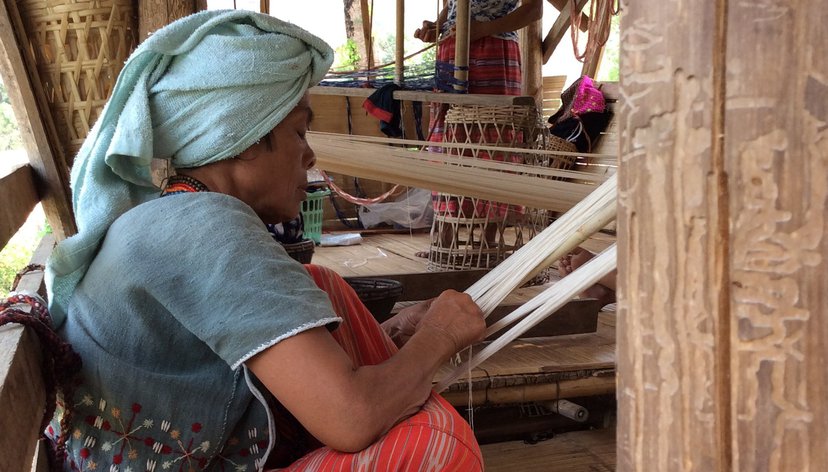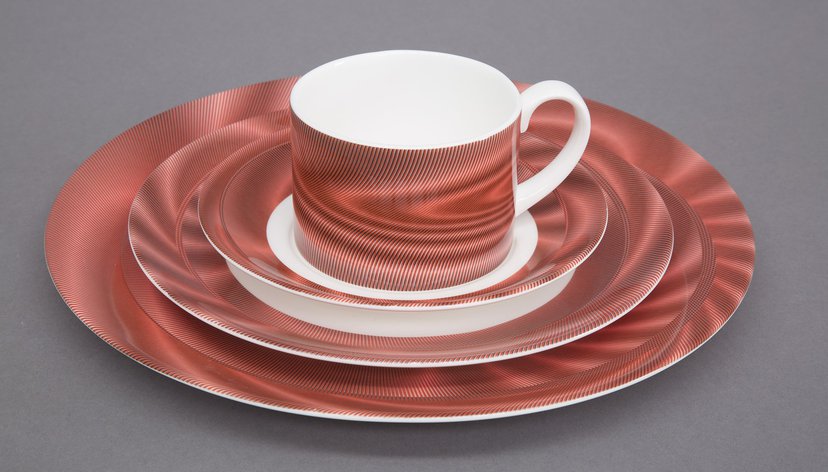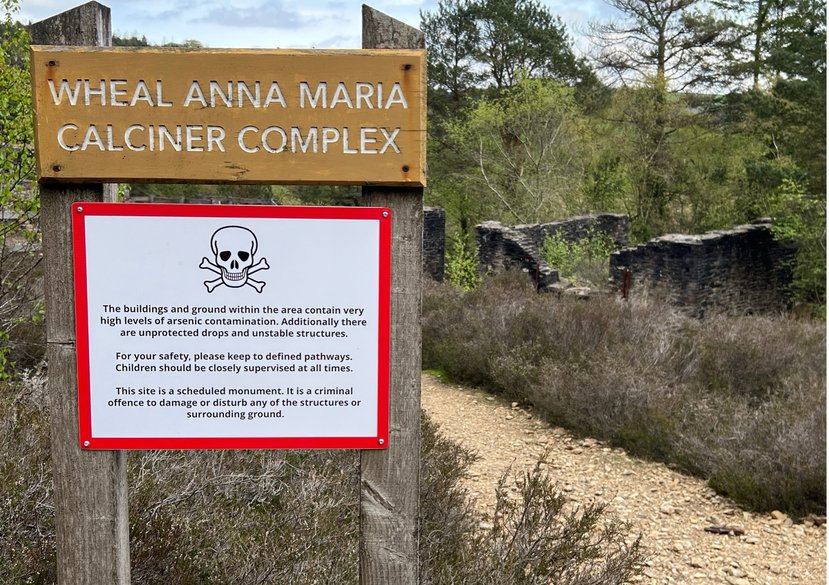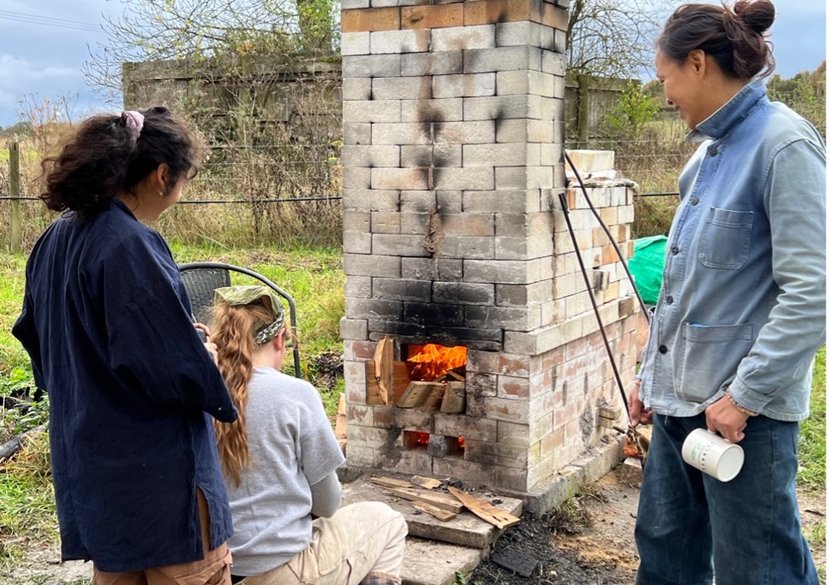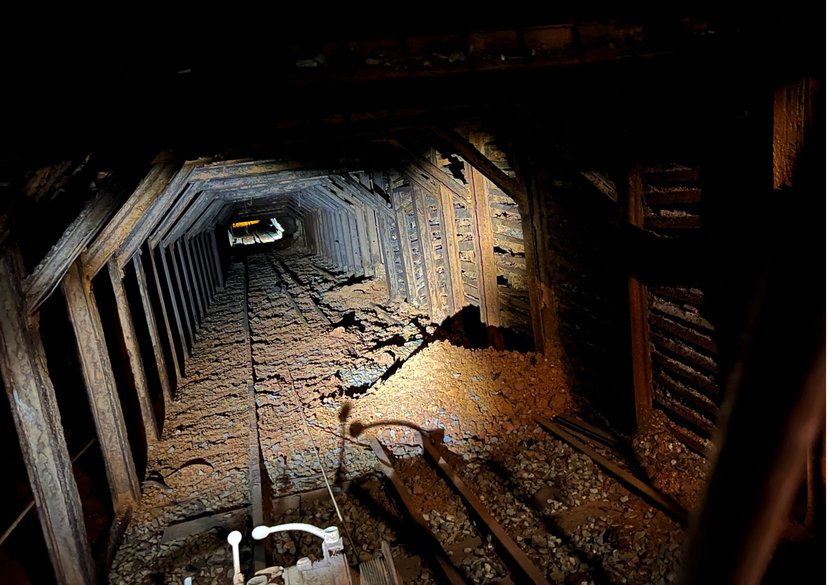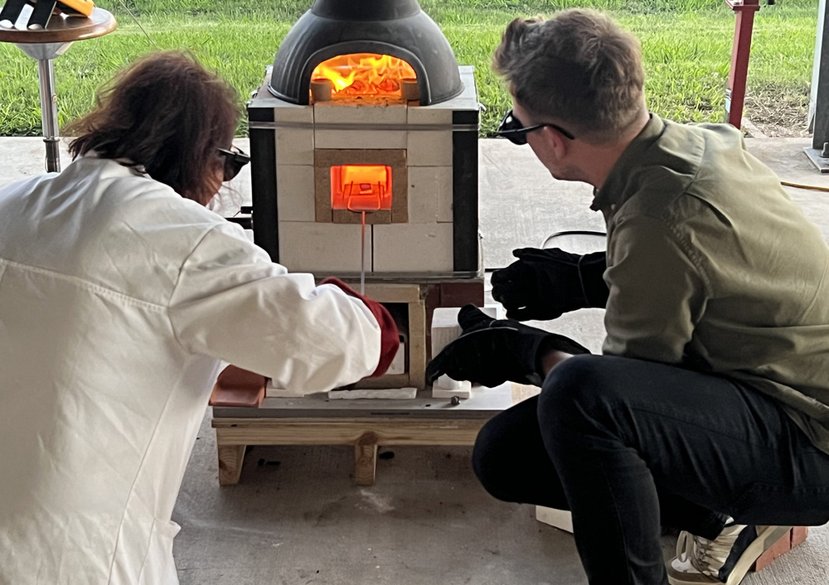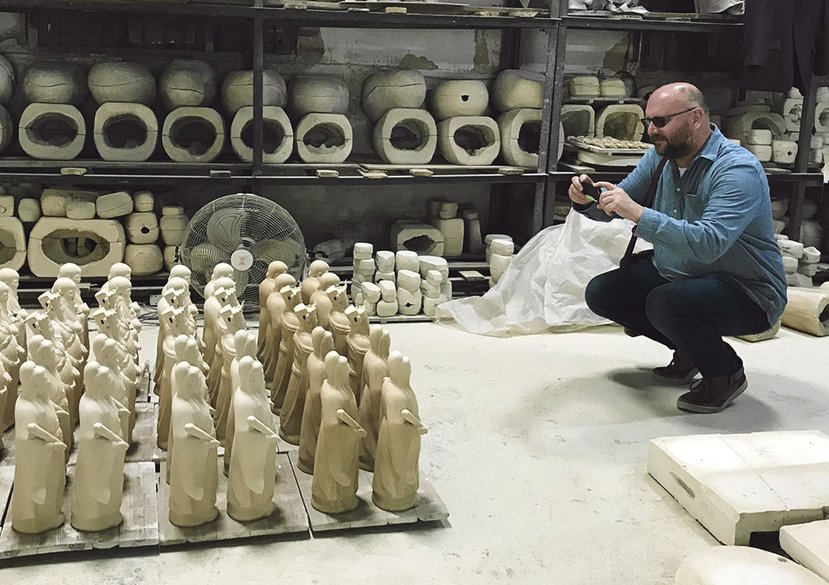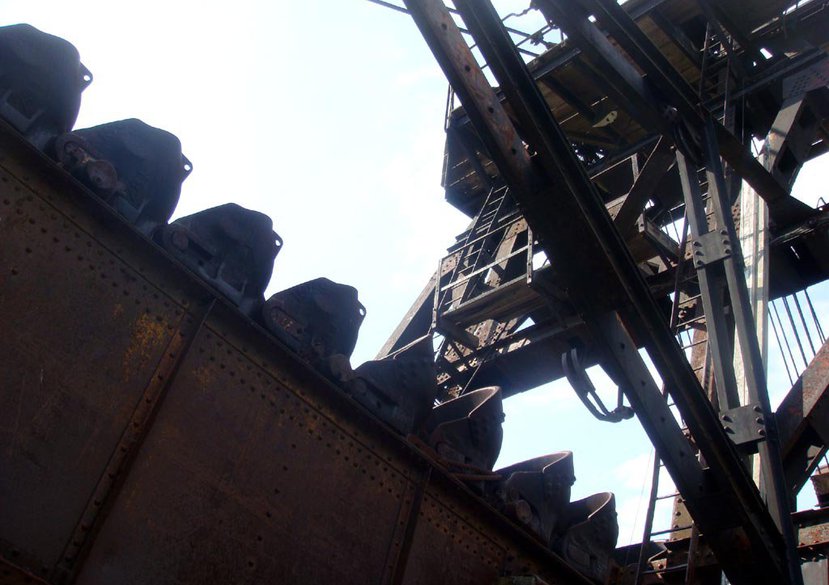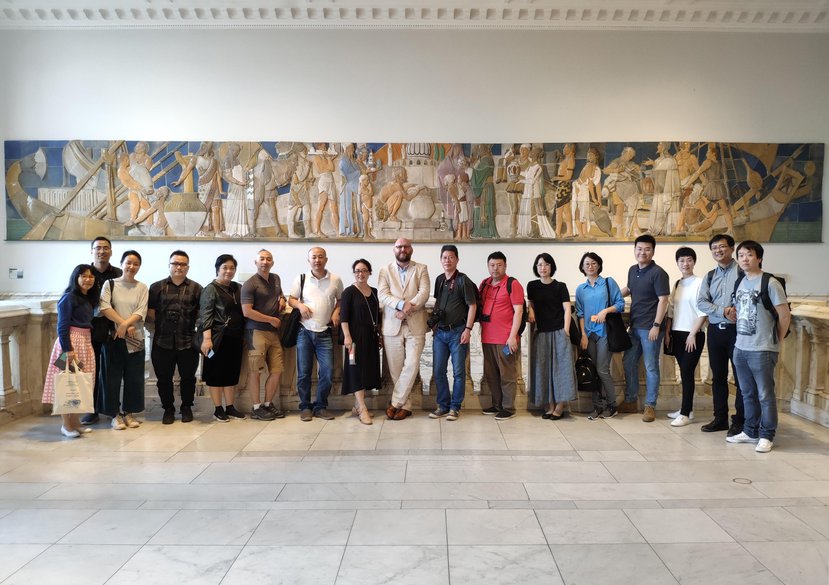
Peter researches sustainability in the crafts and the social and environmental consequences of the mining, refining, and assaying of metals.
Peter researches sustainability across the crafts and applied arts and the practice, history and wider impacts of the mining, refining, and assaying of metals.
Peter is a Professor of Material Culture and a Co-Lead of the “Material Engagements Research Cluster” in the RCA’s School of Arts and Humanities. He specialises in ethnographic, experiential, and object-based research, focusing on materials and making. His academic expertise covers anthropology, creative practice, science and technology studies, and industrial heritage.
He is currently focusing on two overarching research topics: (1) examining the extraction, refining, and assaying of metals and the social, environmental, and ecological consequences of these activities and their associated technologies in the past and the present, and (2) identifying, developing, supporting, and promoting more sustainable practices across the crafts and applied arts.
Peter is currently UK Principal Investigator for the AHRC and DFG funded project "Toxic Heritage: Socio-natural Landscapes of Extraction and Pollution in the Harz and Cornwall", working in partnership with academic staff based at the Deutsches Bergbau-Museum Bochum in Germany. He is also Principal Investigator for the engagement project “Embedding Carbon Literacy in the Applied Arts” (ECLAA), funded through the RCA's Impact Development Scheme. Peter has previously been the Principal Investigator (Project Lead) for two other AHRC awards and a Co-Investigator in three further AHRC funded projects, the UK Project Lead for an EACEA Creative Europe project, and the UK Participant Contact (Pa-Co) for a Horizon2020 project.
Key details
School, Centre or Area
Research projects
Gallery
More information
Research interests
Peter was awarded a PhD in anthropology from University College London in 2013. His doctoral thesis explored the creation, circulation, and destruction of gold jewellery in the UK from a material culture perspective. He has since researched and published on further aspects of the fine jewellery industry and its gold supply chains. These include the history, technologies, and practices of precious metal assaying and hallmarking, the social identity of gold jewellery, and the rise and impact of gold certification programmes created to support small-scale gold mining (ASGM) communities. He is currently researching the assaying technologies and practices employed during the Early Modern period through a programme of practical experimentation and equipment reconstructions, underpinned by close examination of sixteenth century imagery and textual sources.
Peter has a long-term interest in the conservation, restoration, management, and presentation of industrial heritage, stemming from his work with the Cornish Mining WHS as the Heritage and Cultural Tourism Specialist for the Southwest Lifelong Learning Network (2006-2008). He has since undertaken field research on gold mining heritage sites across Alaska, California, Sweden, and Wales, the Jewellery Quarters in London and Birmingham, and the repurposing of industrial buildings as cultural venues in Shanghai and Jingdezhen. He is currently exploring the history and environmental and ecological legacies of mining in Cornwall, due to the insights this can provide on contemporary issues such as unsustainable resource exploitation and global environmental pollution.
Building on his own previous experience as a studio maker, Peter has periodically undertaken research on traditional craft skills, sites of making, and communities of craft practice. Topics have included the UK’s jewellery quarters in Birmingham and Hatton Garden, Navajo and Pueblo jewellers in New Mexico, commercial decorated bone china production in the UK, and rural craft weavers in Thailand. His accrued knowledge of the issues faced by contemporary craft professionals has informed contributions to research and development projects supporting crafts and craftworkers in Kazakhstan, the Philippines, and Thailand.
Over the past fifteen years, Peter has been identifying, supporting, and promoting more sustainable and responsible creative practice. Initially focusing on the jewellery trade, this engagement has subsequently extended across all the creative industries. To support this work he has assembled research teams and consortia and secured multiple rounds of funding from the Arts and Humanities Research Council, the Global Challenges Research Fund, and the Special Priorities Fund. The findings from these projects and related research and engagement activities inform his teaching contributions to the RCA’s Jewellery and Metals and Ceramics and Glass Masters programmes.
Peter specialises in supervising PhD projects that address a creative discipline, technical practice, or traditional manual skill from a material culture perspective. His PhD candidates are taught to employ ethnographic, experiential, or object-focused research methodologies within a material culture studies framework.
Research funding
Toxic Heritage: Socio-natural Landscapes of Extraction and Pollution in the Harz and Cornwall (2025-2028)
Role: UK Principal investigator.
Call: AHRC-DFG Round Six Call
This international collaborative project, focusing on two World Heritage Sites in the UK and Germany, addresses the toxic residues of mining as an integral component of this cultural heritage.
Materialising Artisanal Imagery - Furnace Build (2024)
Role: Principal Investigator
Call: RCA RKE Costs Fund
Key participant in a practical workshop at Texas A&M. My contribution involved building a bespoke charcoal-fired muffle furnace that was used to run fire assay, granulation, and enamelling tests.
Sustainable Sourcing for Craft Weavers (2023-2025)
Role: Principal Investigator
Call: RCA Impact Development Scheme
An engagement project with Ban Kor, a village in Lamphun Province, Thailand, supporting the adoption of more sustainable agricultural practices and cotton processing.
Embedding Carbon Literacy in the Applied Arts (2023-2025)
Role: Principal Investigator
Call: RCA Impact Development Scheme
The project team is undertaking carbon footprint reviews of three non-HEI applied arts organisations, identifying key actions for sustainability improvement.
Alchemy meets Jewellery (2023)
Call: Research Symposium Fund
A symposium for historians, museologists, and practicing jewellers with research interests relating to intersections between alchemy and jewellery.
Carbon Measurement Tools in the Creative Industries (2022–23)
Role: Principal Investigator
Call: AHRC Large Grants
A rapid evidence assessment of the creative industry's use of carbon footprint calculation tools (CFCTs) to inform a report for the DCMS.
Linking Landscapes to Cultural Creative Sustainability (2022)
Role: UK Partner
Call: British Council Woven Networks Scoping Grants.
The project scoped the practices and needs of Filipino craft weavers using non-wood forest materials to support more sustainable forest management practices
Ethical Gold & Government Policy (2021–22)
Role: Principal Investigator
Call: UKRI Strategic Priorities Fund
An investigation into how ethical gold certification schemes and jewellery and watch industry initiatives interact with regional, national, and supranational government policies.
Thai Textiles (2019–22)
Role: Principal Investigator
Call: RCA GCRF Development Scheme
A partnership with Thai academics, identifying locally sourced sustainable raw materials suitable for craft weaving and creating and digitising a collection of woven samples using these materials.
Sustainable Materials in the Creative Industries (2020–21)
Role: Principal Investigator
Call: AHRC Where Next? Scoping Future Arts and Humanities Led Research
The project team scoped current and immanent sustainable practice around the sourcing, use, disposal, recycling, and reuse of materials across the creative industries.
Crafting Futures – Wider Europe (Central Asia) (2019–21)
Role: Field Researcher (Kazakhstan)
Call: British Council Crafting Futures Programme
A team of RCA and Leicester University researchers undertook fieldwork in Central Asia to identify local contexts for craft and the issues faced by Kazakh, Kyrgyz and Uzbek craftworkers.
4Cs: From Conflict to Conviviality through Creativity and Culture (2017–21)
Role: RCA Lead and Project Manager
Call: EACEA Creative Europe EU Large Cooperation Projects.
A transnational project that explored how training and education in art and culture can reflect on, and respond to, conflict through audience participation and co-production.
Industrial Heritage in Shanghai and Jingdezhen (2019)
Role: Principal Investigator
Call: RCA GCRF Development Scheme
Fieldwork in Shanghai and Jingdezhen to examine the re-purposing of disused industrial buildings to house cultural institutions and how the practice related to local political contexts.
Art Fair Innovations (2019)
Role: Co-Investigator
Call: AHRC UK-China Creative Industries Partnership Development.
The AFI research team from the RCA and Shanghai University examined the context, management and delivery of Shanghai’s West Bund Art and Design Fair.
Ethical Gold in Scotland (2018–19)
Role: Principal Investigator
Call: RCA RKE Development Fund
An exploration of the impact of ethical gold campaigns & certification initiatives in Scotland through fieldwork amongst practitioners, lecturers and professional bodies.
Fair Luxury at the RCA (2018)
Role: Event Convener and RCA Project Manager
Call: RCA GCRF Development Scheme
This industry-facing conference, run in partnership with Fair Luxury, focused on ethical sourcing in the jewellery industry.
Improved Laser Printing Equipment for Ceramics (2017-18)
Role: Co-Investigator
Call: AHRC Follow-on Funding Creative Economy Highlight.
Prototyping design improvements for current ceramic laser printing machines and identifying technical specifications for the next generation of printing equipment.
ArcInTex European Training Network (2014-18)
Role: RCA Participant Contact
Funder: H2020-MSCA-ITN
The international ArcInTex ETN consortium funded and hosted 15 PhDs researching intersections between architecture, interactive design, and textiles.
Erasmus+ Staff Placement (2017)
Role: Placement Sponsor & Host
Call: EACEA Erasmus+ (staff or teaching mobility).
Dr Antonella Camarda, lecturer at the University of Sassari & Director of the Nivola Museum, undertook a two-week placement as a tutor at the RCA.
Extending the Potential of the Digitally Printed Ceramic Surface (2015-2017)
Role: Co-Investigator
Call: AHRC Standard Grant.
An exploration of the commercial potential of digital printing for decorating high-value ceramics, including identifying social & technical barriers to adoption.
Materializing Time (2014)
Role: Principal Investigator
Call: RCA Research & Knowledge Exchange Costs
Fieldtrip to Geneva to research the development of the wristwatch as a luxury good.
Contrived Dereliction (2013)
Role: Principal Investigator
Call: RCA Research and Knowledge Exchange Costs
Drawing on fieldwork at mining heritage sites in North America & Europe, this project developed the concept of ‘contrived dereliction’ as a presentation strategy.
AHRC Doctoral Scholarship (2008–12)
Role: PhD Candidate
Funding Call: AHRC Doctoral Awards
Three years fee payments & living allowance to undertake a doctoral project at UCL.
SouthWest Lifelong Learning Network (SWLLN) (2006–08)
Role: Heritage and Cultural Tourism Representative
Call HEFCE/LSC/DfES Lifelong Learning Networks
A consortium development project focused on enhancing vocational education options in public services, cultural services, heritage & tourism across Cornwall, Devon, Dorset, Somerset, & south Wiltshire.
Research Projects
Carbon Measurement Tools in the Creative Industries
Linking Landscapes to Cultural Creative Sustainability
Ethical Gold & Government Policy
Sustainable Materials in the Creative Industries
4Cs: From Conflict to Conviviality through Creativity and Culture
Improved Laser Printing Equipment for Ceramics (ILPEC)
Extending the Potential for the Digitally Printed Ceramic Surface
Publications, exhibitions, other outcomes
Academic Journal Articles
Oakley, P. (2023); ‘Making Mercury's Histories: representations of mercury in gold mining's past and present.' Ambix 70 (1).
Oakley, P. (2022) ‘Searching for Pure Gold: the rise and impact of ethical gold certification programmes in the UK and Switzerland 2011-2021', Environmental Science and Policy 132.
Oakley, P. (2021) 'Wuthigrai Siriphon: Highlighting Tradition', Craft Research, 12 (2).
Oakley, P. (2018) ‘After Mining: contrived dereliction, dualistic time and the moment of rupture in the presentation of mining heritage’, Extractive Industries and Society 5 (2).
Oakley, P. (2017) ‘Is Gold Jewelry Money?’ Social Analysis 61 (4).
Oakley, P. (2015) ‘Ticking Boxes: (re)constructing the wristwatch as a luxury object’, Luxury: History, Culture, Consumption, 1 (2).
Books
Crimmin, M. & Oakley, P. (2020) This Is No Longer That Place: a handbook on the events. London: Royal College of Art.
Book Chapters
Oakley, P. (2020) ‘Is Gold Jewelry Money?’ in: Sandy Ross and Mario Scmidt (eds), Money Counts: Revisiting Economic Calculation: New York & Oxford: Berghahn.
Oakley, P. (2015) ‘Introducing Fairtrade and Fairmined Gold: An attempt to reconfigure the social identity of a substance’, in: Adam Drazin and Susanne Kuechler (eds), The Social Life of Materials, London: Bloomsbury.
Oakley, P. (2015) ‘A Permanent State of Decay: Contrived dereliction at heritage mining sites’, in: Hilary Orange (ed.), Reanimating Industrial Spaces. Walnut Creek, CA: Left Coast Press.
Oakley, P. (2014) 'Contrived Dereliction: Employing an aesthetic of decay at mining heritage sites', in: Mike Robinson et al (eds.) Cultural Heritage and Tourism Vol.2: Engagement and Experience. Taipei: Farterng Culture CO.
Oakley, P. & Küchler,S. (2013) ‘New Materials and their Impact on the Material World’, in: Penny Harvey, Eleanor Casella, Gillian Evans, Hannah Knox, Christine McLean, Elizabeth B. Silva, Nicholas Thoburn, Kath Woodward (eds), Objects and Materials: A Routledge Companion, London: Routledge.
Oakley, P. (2013) ‘Containing Precious Metals: the material consequences of hallmarking in modern and medieval England’, in: Hans Peter Hahn and Hadas Weis (eds), Mobility, Meaning and Transformations of Things: Shifting contexts of material culture through time and space, Oxford: Oxbow Books.
Oakley, P. (2008) ‘Praxeological Subjectification: the hidden power of practical activities’, in: Kate Hatton (ed.), Design Pedagogy Research, Huddersfield: Jeremy Mills.
Published Conference Papers
Oakley, P. (2023) ‘Materials Sustainability across the Crafts and Applied Arts: a review and reflections’. Sustainable Innovation 2023. Epsom, Surrey: University of the Creative Arts.
Oakley, P. (2019) ‘Ethical Gold: Why Manufacturing Methods Matter’. The Goldsmiths’ Company Jewellery Materials Congress. London: The Goldsmiths’ Company.
Oakley, P. (2018) ‘Creating a Brighter Future? Responses to the commercialisation of a new ceramic print technology’. Making Futures 5. Plymouth College of Art.
Oakley, P. (2016) ‘Digital Crafting: Defining the Field in 2015’, Making Futures 4. Plymouth College of Art.
Oakley, P. (2015) 'Digital Crafting: Re-evaluating Promises and Pitfalls'. In: Making Futures Korea: Craft, meeting the new through changes in perception. Cheongju: Cheongju International Craft Biennale Committee.
Oakley, P. (2014) ‘Crafting with Digital Technologies: issues in practice’, Making Futures 3, Plymouth College of Art.
Oakley, P. (2010) ‘Does Contemporary Craft Carry a Social Deficit? An analysis through comparison with related creative practises’, Making Futures 1. Plymouth College of Art.
Industry Journal Publications
Oakley, P. (2012) ‘Reflections on Ethical Gold’, in: The Goldsmiths’ Company Technical Journal 2012.
Oakley, P. (2010) ‘The Ethical Gold Series’ for Benchpeg.
- ‘Introducing Ethical Gold’, in: Benchpeg 162
- ‘So What’s Wrong with Gold Mining Anyway?’ in: Benchpeg 167
- ‘Industrial Mining and Anti-Mining Campaigns’, in Benchpeg 173
- ‘Why is ASM Different?’, in: Benchpeg 178
- ‘Fairtrade and Fairmined Gold', in: Benchpeg 187
Working Reports
Oakley, P., Mock, R., Findley, J., Jansen, I., Bauer, S., Lardeur, R., Macdonald, E. (2021) Sustainable Materials in the Creative Industries: A scoping report for the AHRC. Redacted version available at: https://researchonline.rca.ac.uk/5212/
Dare, E., Simmons, T., Ramanathan, R. and Oakley, P. (2019) Crafting Futures: Scoping visit reports and proposals for pilot projects in Uzbekistan, Kazakhstan, and Kyrgyzstan.https://researchonline.rca.ac.uk/4337/
Oakley, P. (2019) Material Disciplines in the Shanghai Art World. AFI Report No.2. http://researchonline.rca.ac.uk/id/eprint/4007
Published Book Reviews
Oakley, P. (2018) Reviewed work: ‘L’Invention du Luxe: histoire de l’industrie horlogère à Genève de 1815 à nos jours’ [by Pierre-Yves Donzé, 2017]. Review published in Luxury: History, Culture, Consumption, vol.5, no.1.
External collaborations
Advisory Roles
Project advisor for Engaging with Sustainable Materials and Approaches in Film, 2024-2025.
Member of the Scottish Goldsmith Trust's Ethical Making Committee, 2022-2024.
Project Advisor for Survey and analysis of local artisans in Uthai Thani and Chai Nat Province: the ethnic Lao Khrang-based weaving curriculum development, 2021-2022.
Advisor for Wooden Reed Making of the ethnic Lao Khrang in Thailand, 2019-2021.
Advisor for the Scottish Goldsmith Trust's Ethical Making Resource, 2017-2021.
Advisor for the British Council report: Empowerment of Women and Girls through Craft, Digital Technology and Entrepreneurship in Afghanistan, Bangladesh and Pakistan, 2016-2017.
Advisory Board member for the Sustainable Luxury Forum, 2013-2015.
Specialist Panel member for the FLO Fairtrade Gold certification standard review, 2012.
Journal Editorial Board Memberships
Editorial Advisory Board member for In Pursuit of Luxury (2021-ongoing)
Editorial Advisory Board member for Luxury: History, Culture, Consumption (2014 ongoing)
UKRI Support Activities
Member of Interfolio’s Strategic Committee for ResearchFish. 2021-ongoing.
Member of the AHRC Peer Review College. 2017-ongoing.
Member of the ResearchFish Steering Board. 2017-2021.
Professional Association Memberships
Fellow of the Royal Anthropological Institution (RAI)
Member of the European Association of Social Anthropologists (EASA)
Member of the Society for the History of Alchemy & Chemistry (SHAC)
Member of the Society of Jewellery Historians (SJH)
Member of the Association of Research Managers & Assistants (ARMA)
Research Group Memberships
Material Engagements Research Cluster (Royal College of Art)
Anthropology of Mining Network (European Association of Social Anthropologists)
Association for the Discussion of History of Chemistry (University of Cambridge)
TURBA – History of Alchemy (University of Oxford)
Active Matter (Pratt Institute)
Adjudicating
Member of the judging panel for the Royal Academy of Arts' 2015 Ceramic Architectural Installation competition.
